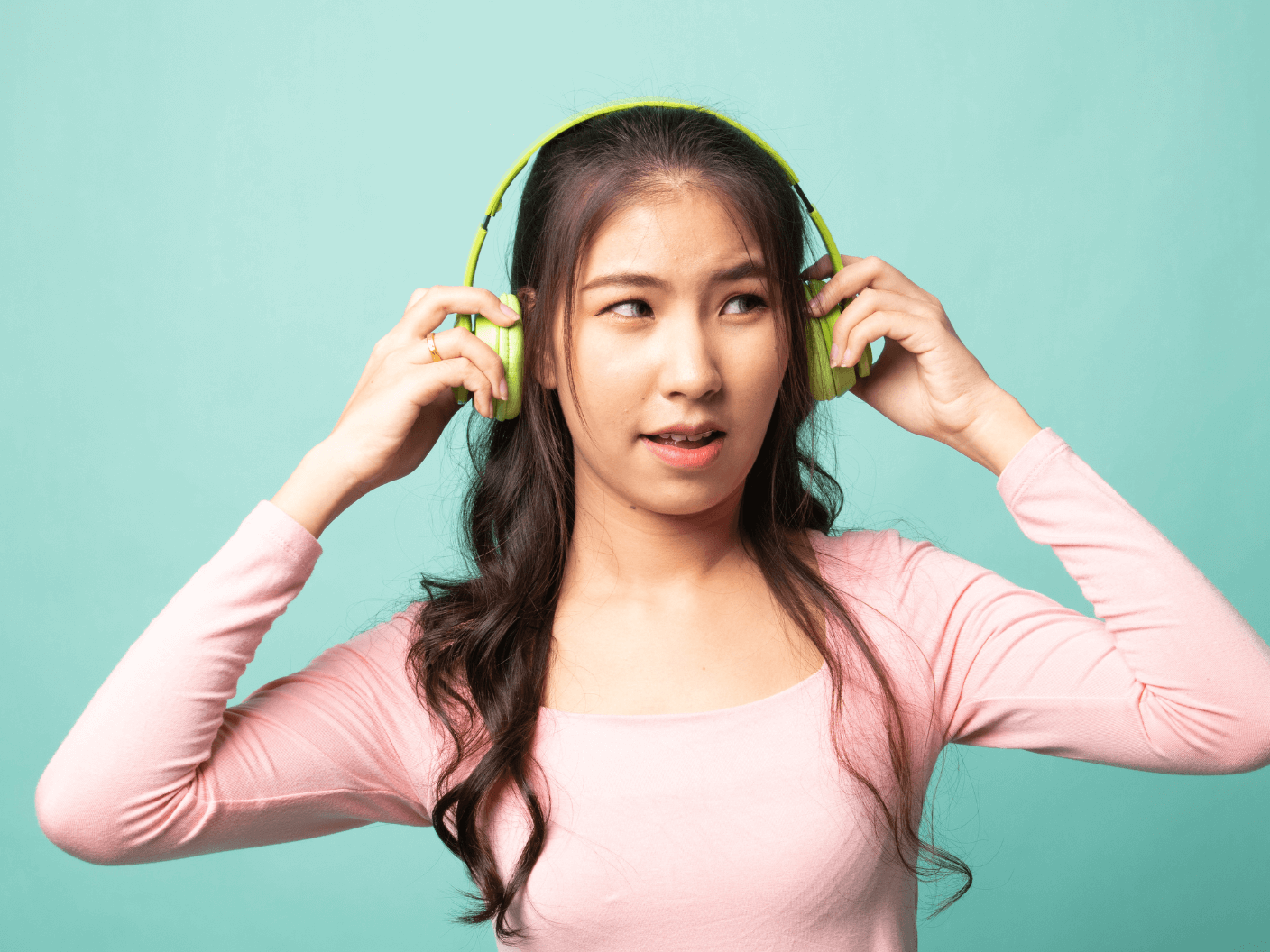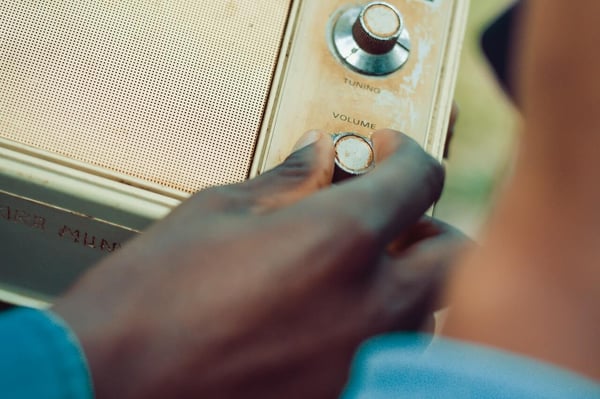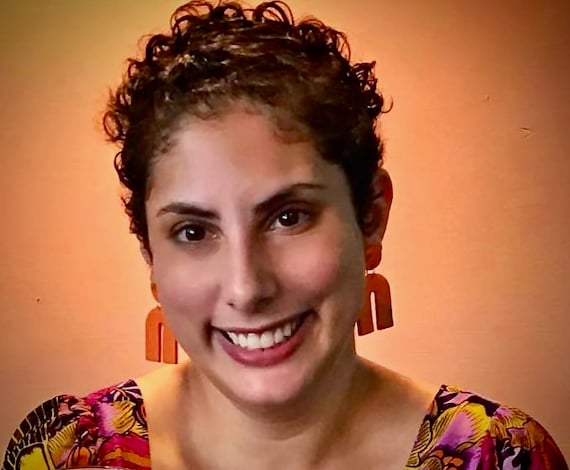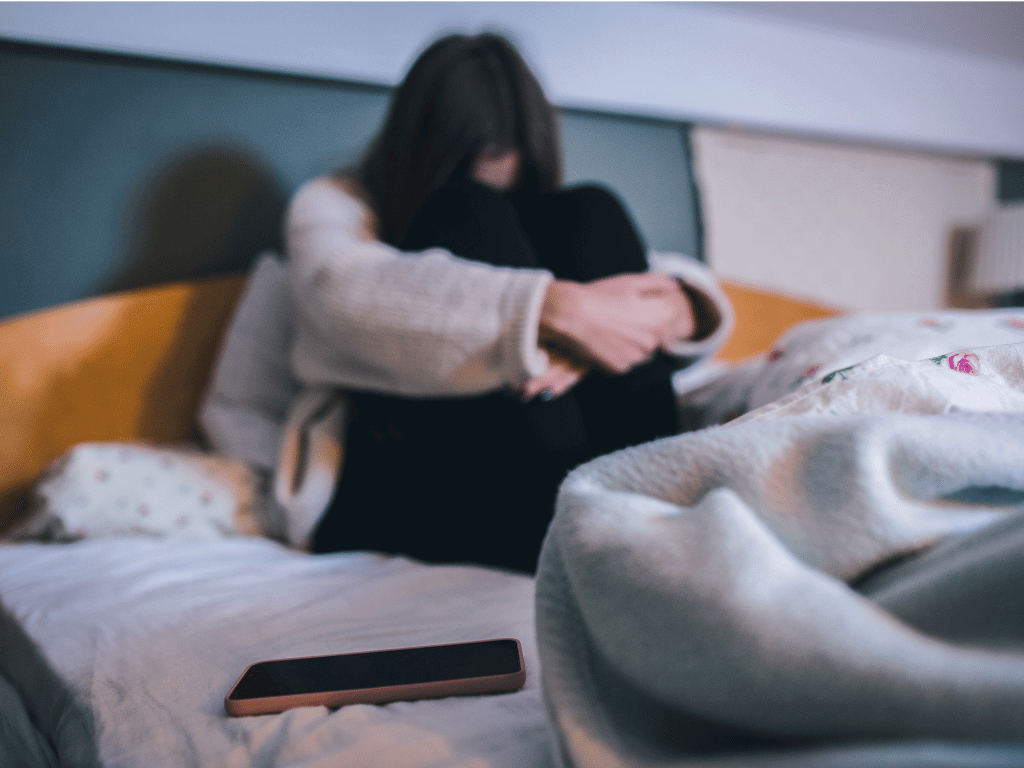Sensitivity to sound, or "misophonia," is an emotional response to sounds typically unnoticed by others. You may have heard this referred to as 'sensory overload' - when the sensory stimuli in your environment consumes you, breaking your focus, ruining your mood, or even causing physical pain.
However, not everyone diagnosed with ADHD experiences this, as we are all unique and manifest ADHD differently.
Too long; didn't read
- Sensory sensitivities are frequently comorbid in people with neurodivergent conditions like ADHD and autism.
- Misophonia is a common experience in the ADHD community and occurs when someone experiences overstimulation after hearing certain sounds.
- Just because someone has auditory processing issues doesn't mean they have ADHD. The reverse is true, too. (Just because someone has ADHD doesn't mean they will have sensory processing issues.)
Three types of sound sensitivities
1. Auditory processing disorder (APD)
Auditory processing disorder (APD) is a condition in which the brain has difficulty processing and interpreting sounds, including speech. As a result, people experiencing APD may need help understanding spoken language, especially in noisy environments or when multiple people are talking simultaneously.
They may also struggle with tasks that require them to listen carefully, such as following instructions or learning new information.
2. Hyperacusis
Hyperacusis causes increased sensitivity to specific frequencies of sound, particularly those in the higher range. This can make ordinary sounds seem excessively loud or even painful, which may lead to stress, social anxiety, and isolation.
Hyperacusis can be caused by several factors:
- Prolonged exposure to loud noises
- Aging
- Certain medications
- Head injuries
- Certain preexisting medical conditions, such as tinnitus or Meniere's disease
3. Misophonia
Misophonia is a condition in which certain sounds can trigger strong negative emotional reactions. For example, people with misophonia may experience anger, anxiety, or even nausea and disgust in response to triggering sounds. They can also experience physical reactions, such as an increased heart rate or muscle tension.
Sounds that can cause misophonia:
- Chewing
- Heavy breathing
- Dogs licking themselves
- Coughing and throat-clearing
- Tapping
- Electric buzzes (do you ever 'hear the lights'?)
- Shifting chairs
- Repetitive sounds, like loops in white noise
- Metal scraping
- High-pitched sounds (think - nails on a chalkboard)
So, is your hypersensitivity to sound caused by ADHD?
While some people with ADHD may have difficulty processing auditory information, this is not a hallmark symptom of the condition. People without neurodivergent conditions (aka 'neurotypicals') can be sensitive to sounds.
However, ADHDers with sound sensitivities are also typically sensitive to other stimuli, such as bright lights or textures. As a result, these sensory processing challenges can make it harder for the ADHD brain to focus on tasks.
How to cope with sound sensitivities when everything is too loud

1. Invest in noise-canceling headphones.
Quality headphones can assist with hypersensitivity issues and are a great way to suppress excess noise that could interrupt your day. Some quick online browsing, and you can find an affordable pair of headphones! We've also linked some of the highest-ranked brands in our latest ADHD gift guide.
2. Use white noise or music for background sounds.
When overwhelmed by sounds, a common technique is blocking it with white noise or music that makes you feel safe and secure. But, of course, this method doesn't work for everyone! If you're not able to focus normally with background sounds playing, that's totally okay. Just skip this one. :)
3. Communicate your needs to others.
Try to inform the people in your life about your reactivity to distracting noises so they can address them and help you feel more comfortable. You might even be able to get accommodations for this at work or in class.
4. Medication
While some studies have shown that stimulants and other types of ADHD medication can alter someone's loudness perception, it isn't always helpful for everyone.
If ADHD medication doesn't help, there are other conventional practices to aid you listed above. So while some patients have seen improvement with their usual medication dosage, avoiding the possibility of over-medicating is more beneficial.1
-
Source
1 NIH Clinical Trials (Nemours Children's Clinic) | Stimulant Medication Effects on Auditory Sensitivity in Teens With ADHD







